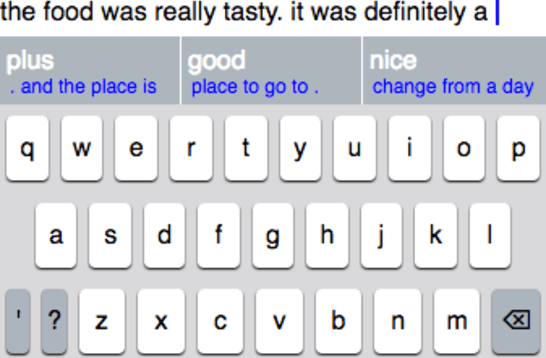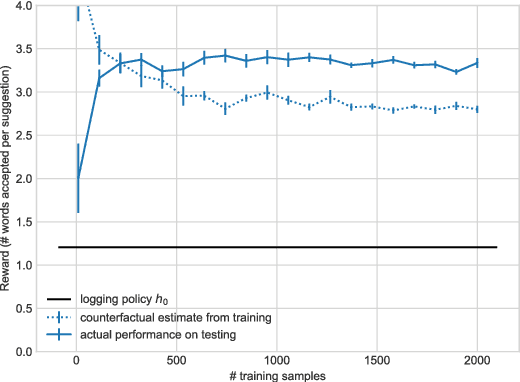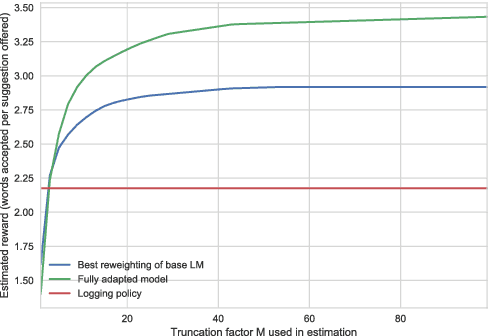Kenneth C. Arnold
Voice Interaction With Conversational AI Could Facilitate Thoughtful Reflection and Substantive Revision in Writing
Apr 11, 2025Abstract:Writing well requires not only expressing ideas but also refining them through revision, a process facilitated by reflection. Prior research suggests that feedback delivered through dialogues, such as those in writing center tutoring sessions, can help writers reflect more thoughtfully on their work compared to static feedback. Recent advancements in multi-modal large language models (LLMs) now offer new possibilities for supporting interactive and expressive voice-based reflection in writing. In particular, we propose that LLM-generated static feedback can be repurposed as conversation starters, allowing writers to seek clarification, request examples, and ask follow-up questions, thereby fostering deeper reflection on their writing. We argue that voice-based interaction can naturally facilitate this conversational exchange, encouraging writers' engagement with higher-order concerns, facilitating iterative refinement of their reflections, and reduce cognitive load compared to text-based interactions. To investigate these effects, we propose a formative study exploring how text vs. voice input influence writers' reflection and subsequent revisions. Findings from this study will inform the design of intelligent and interactive writing tools, offering insights into how voice-based interactions with LLM-powered conversational agents can support reflection and revision.
Towards Full Authorship with AI: Supporting Revision with AI-Generated Views
Mar 02, 2024Abstract:Large language models (LLMs) are shaping a new user interface (UI) paradigm in writing tools by enabling users to generate text through prompts. This paradigm shifts some creative control from the user to the system, thereby diminishing the user's authorship and autonomy in the writing process. To restore autonomy, we introduce Textfocals, a UI prototype designed to investigate a human-centered approach that emphasizes the user's role in writing. Textfocals supports the writing process by providing LLM-generated summaries, questions, and advice (i.e., LLM views) in a sidebar of a text editor, encouraging reflection and self-driven revision in writing without direct text generation. Textfocals' UI affordances, including contextually adaptive views and scaffolding for prompt selection and customization, offer a novel way to interact with LLMs where users maintain full authorship of their writing. A formative user study with Textfocals showed promising evidence that this approach might help users develop underdeveloped ideas, cater to the rhetorical audience, and clarify their writing. However, the study also showed interaction design challenges related to document navigation and scoping, prompt engineering, and context management. Our work highlights the breadth of the design space of writing support interfaces powered by generative AI that maintain authorship integrity.
Counterfactual Language Model Adaptation for Suggesting Phrases
Oct 04, 2017



Abstract:Mobile devices use language models to suggest words and phrases for use in text entry. Traditional language models are based on contextual word frequency in a static corpus of text. However, certain types of phrases, when offered to writers as suggestions, may be systematically chosen more often than their frequency would predict. In this paper, we propose the task of generating suggestions that writers accept, a related but distinct task to making accurate predictions. Although this task is fundamentally interactive, we propose a counterfactual setting that permits offline training and evaluation. We find that even a simple language model can capture text characteristics that improve acceptability.
 Add to Chrome
Add to Chrome Add to Firefox
Add to Firefox Add to Edge
Add to Edge